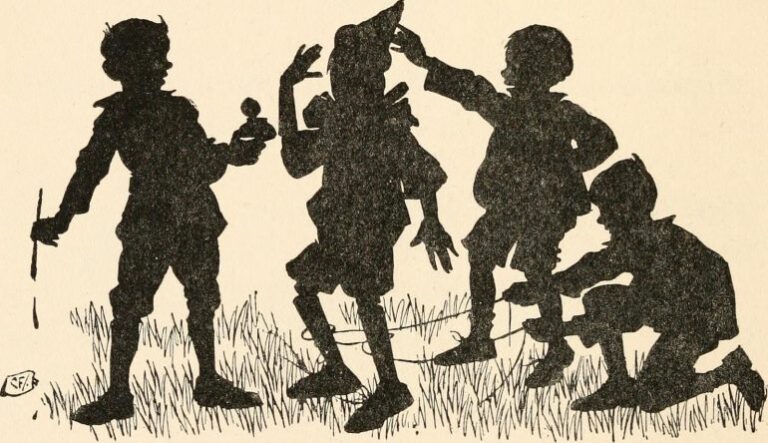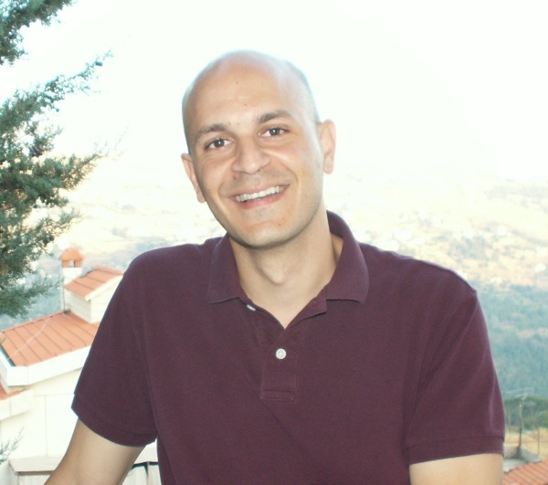Hearing Voices: Women Versing Life presents The Everyday Muse

When I was nine my grandparents gave me a copy of Shel Silverstein’s Where the Sidewalk Ends, and I fell in love so completely with poetry, I told everyone that when I grew up I was going to be a rich and famous poet.
Then in the seventh grade I took one of those career tests with a guidance counselor. I don’t remember what sort of careers were recommended for me, but I remember vividly that “Writer” was not on my list. I asked the counselor why this was so. She put on her reading glasses, took a few minutes humming over my answers, then looked up and said, “You want to make too much money.”
That’s when I learned the definition of the word oxymoron.
I was undeterred. However, I had another obstacle: I thought I was the only poet alive in the world. It hadn’t even occurred to me that Silverstein was, at that time, still alive and writing. I wasn’t surrounded by literary folks, so I assumed poetry was a dead art, and I was the only freakish person alive with an interest in it.
I grew up writing truly awful poems in my closet or under my covers late at night. I shared them, on occasion, with my family or close friends, and they’d say things like, “That’s cute,” or “That’s nice,” and I couldn’t pinpoint why those comments deflated me, but they did.
As a poor to middling student, I stumbled into community college by sheer accident, attending mostly because I wanted to postpone what appeared to be the hell of nine-to-five monotony as long as possible. Little did I know that, for the most part, college is where the poets thrive.
When I walked into my first poetry class I forgot to worry about how I looked or how high and squeaky my voice sounded. I wasn’t afraid to say what I wanted to say. I was in a room full of people who loved words as much as I did, who wanted to dismantle them, to look at what was underneath, in-between, and put them back together. These were my people.
Twenty-something years later I am, of course, not rich and famous. I became a teacher because at some point I realized I’d have to support my poetry habit, and as it turns out I love teaching almost as much as I love writing. I love the idea that in every classroom there’s someone like me, someone whose life is waiting to be utterly transformed by a poem.
I have a career and a family now, which means I have to squeeze my poetry between many other obligations. I am envious of Mary Oliver, whom I once heard say that she walks every day with her notebook, “Every day I walk out into the world/ to be dazzled, then to be reflective” (from “Long Afternoon at the Edge of Little Sister Pond”) and the neighbors know that on a good day she will walk more and more slowly until, if she’s hooked a poem, she’s sitting— mid-trail, mid-field, atop a stone, wherever— scribbling in her journal.
I try to walk every day. It looks like this:
“Buckaroo, it’s time to go for a walk.”
“I don’t want to go for a walk.”
“It’s beautiful weather, and the dog needs exercise. Let’s go for a walk.”
“Humph! I’m not going anywhere. I’m staying right here.”
And so on.
When we get to the actual walking, my thinking time is filled with conversation about which Bey Blade is the toughest — Firestorm or Thunderspark? What would Oliver choose, I wonder?
In a recent blog post, Barbara Jane Reyes writes of being a young poet, “In my mind . . . artistry was all about flashes of inspiration, being moved by something otherworldly, moved by the universe.” I believed that, too, when I was taking those college poetry courses— that I would never allow anything ordinary to come between me and my inspiration.
Lately, I’ve taken on a plethora of volunteer efforts: editing poetry for Prick of the Spindle, teaching poetry to UU children, facilitating a children’s book club at the library, consulting for “A Glimpse Beyond” at Mt. Auburn Cemetery, and writing guest blog posts for Ploughshares and Superstition Review. Sometimes I question the logic of my choices, as each one is another unpaid job that takes me away from writing poetry, and I have so little time as it is, but volunteering in the literary community is, if nothing else, a way to stay connected to my people. Like Thomas Edison said, “Opportunity is missed by most people because it is dressed in overalls and looks like work.”
After interviewing so many incredible women for the “Hearing Voices” blog posts— Cassie Premo Steele, Sun Yung Shin, Wendy Mnookin, Janice H. Harrington, Jane Springer, Lavonne J. Adams, Tarfia Faizullah, Katherine Case, Jen Lambert and Liz Kay, Mari L’ Esperance, Aimee Suzara, Florencia Milito, Natalie Diaz, and Deborah Clearman— I realized that every single one of us is ever-in-search of a balance between inspiration, creation, and the mundanity of daily life. Like these women, I write while I empty the dishwasher, fold whites, drive to soccer practice. I write into the slender hours of the morning while the house is quiet.
For me, there’s inspiration in the community I’m creating for myself. It’s a community of volunteer efforts, interviews, of conferences and books. Every time I read someone else’s work, I discover one of my own poems waiting to be written. It’s partly because of this community that I’ve come to realize I don’t have to live an extraordinary life to be a poet. There’s a poem at the bottom of an empty washing machine, running errands with me in the car, at the beginning of each semester’s syllabus. I just have to be present.
Oliver says, “The angel won’t sit on your shoulder if the pencil isn’t in your hand.” I have to admit there are times I still wish that angel came bearing fame and riches as well as inspiration. She doesn’t. She comes with scraps of lines, single images, metaphors in fragments, and she whacks my head with a spoon until I cobble it together. Still, I am thankful for her. I’m thankful that she gets around the way she does, and I believe that every time our poetry paths cross, we invite her in again.
(Image from here. Creative Commons Attrib.)


